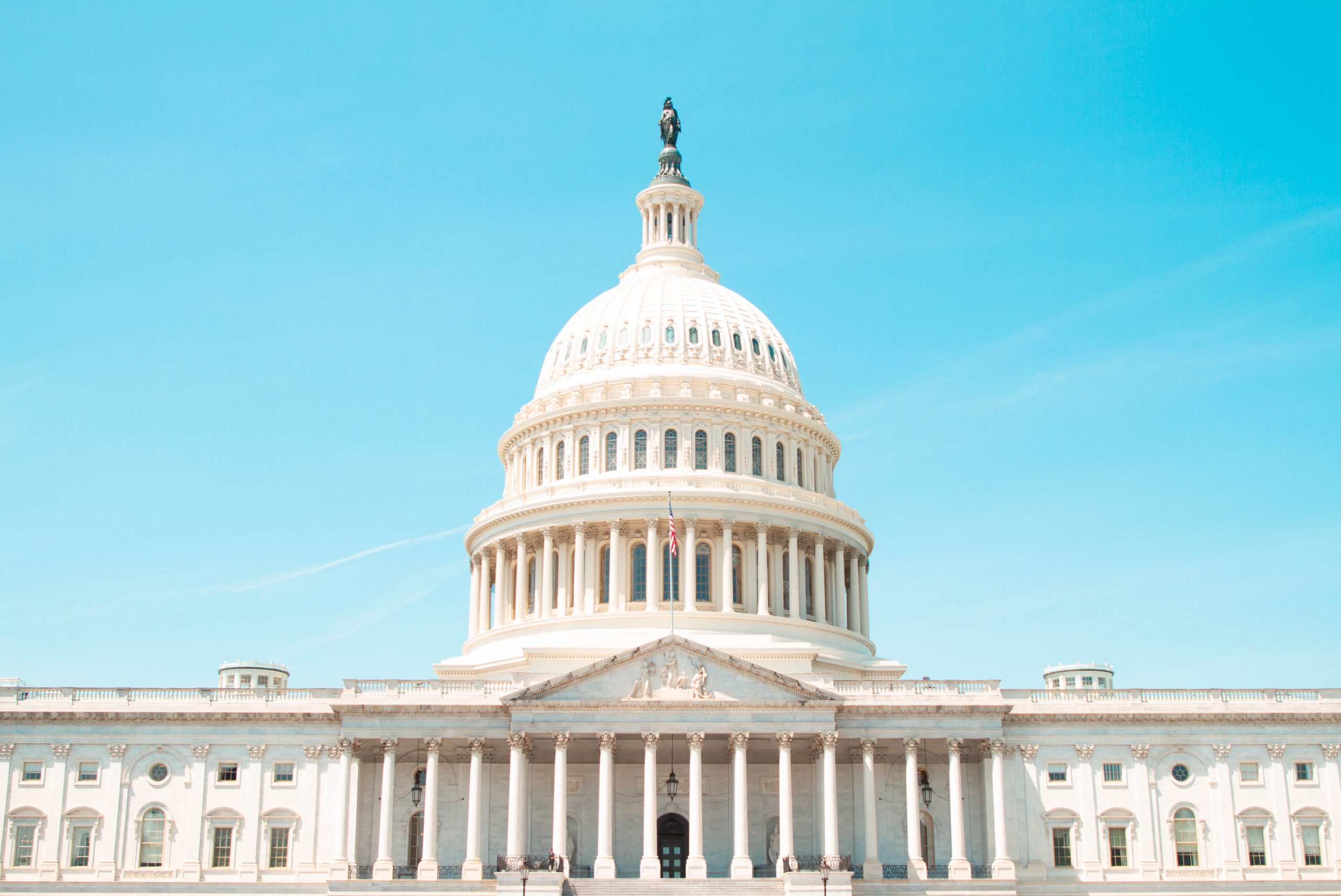Yesterday, President Obama delivered his State of the Union address. So, what is the current state of teen pregnancy prevention?
Yesterday, President Obama delivered his State of the Union address. The purpose of the address is to inform Congress and the American people about the current state of our nation. The field of teen pregnancy prevention has seen many changes in the last few years. From creations of new departments and new programs to the elimination of successful programs and severe budget cuts, our field has experienced it all in a short period of time. So, what is the current state of teen pregnancy prevention? Read below to see a quick review of the federal landscape.
Obama Administration’s Teen Pregnancy Prevention Programs
The Pregnancy Assistance Fund (PAF) is a 10-year, $250 million competitive grant program created in 2010 designed to help pregnant and parenting teens and women complete their education and gain access to health care, child care, family housing, and other critical support.
The Personal Responsibility Education Program (PREP) was also created in 2010 and is currently funded as mandatory spending under the Affordable Care Act. PREP provides $75 million annually in mandatory funds for FY 2010-2014 for evidence-based programs to educate adolescents on both abstinence and contraception to prevent pregnancy and sexually transmitted infections, and on other adulthood preparation topics such as healthy relationships and communication with parents.
National Sexuality Education Standards Released
These standards address the unique needs of marginalized groups including racial minorities and LGBTQ youth.
In January 2012, national sexuality education standards were published by Advocates for Youth, Answer, and SIECUS to help states and school districts enact and implement sound evidence-based programs proven to reduce teen pregnancy and sexually transmitted infections. These standards address the unique needs of marginalized groups including racial minorities and LBGTQ youth. This is a great step to help collective better data and connect to states and school districts that may need assistance implementing these standards to fit their unique circumstances. The goal of creating these standards was “to create a national dialogue about the future of sex education and to promote the institutionalization of comprehensive sexuality education in public schools.”
The Constitutionality of the Affordable Care Act
The Supreme Court announced in fall 2011 that it would hear arguments regarding the constitutionality of the Affordable Care Actand render its decision before the 2012 election. At issue is the individual mandate which requires every legal U.S citizen to purchase insurance from a private entity. Currently, PREP and PAF are funded under the ACA. If the law is found unconstitutional, funding for these programs automatically cuts off, as the law will be void.
The Federal Deficit
The battle in Congress to cut our nation’s deficit has lead to policymakers on both sides of the aisle eliminating domestic programs even though these programs only make up about 12% of the federal budget.
Unfortunately, many of these programs have been reduced, and the Adolescent Family Life program was completely defunded.
In 2011, Healthy Teen Network fought vigorously to maintain funding for Title X, Title V, Centers for Disease Control and Prevention’s (CDC) Division of Adolescent and School Health (DASH), and multiple other programs designed to support young families. Unfortunately, many of these programs have been reduced, and the Adolescent Family Life program was completely defunded. Abstinence-only programs, though, received an increase in federal funding.
Changes in Young Women’s Behavior in Reproductive Health
A new study published in the American Journal of Public Healthrevealed fewer U.S. women ages 15 to 24 are receiving reproductive healthcare. Almost 60% of young women received reproductive healthcare within the last year, but use has fallen by eight percent between the two time periods. The declines were seen across all demographic and socioeconomic groups. Overall, however, economically disadvantaged women are the least likely to get care.
What do you think about the current state of affairs in teen pregnancy prevention on the national level? Share your thoughts in our comment section!








